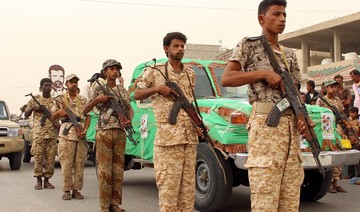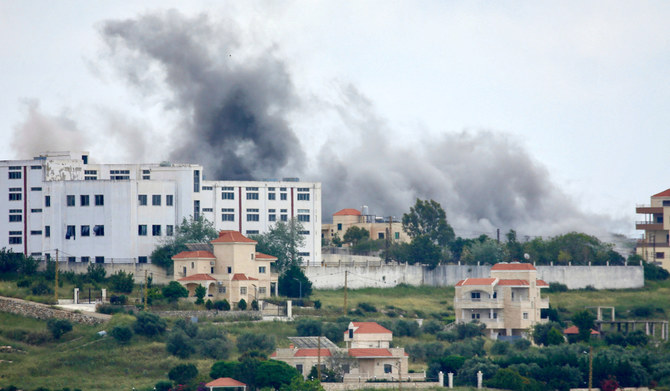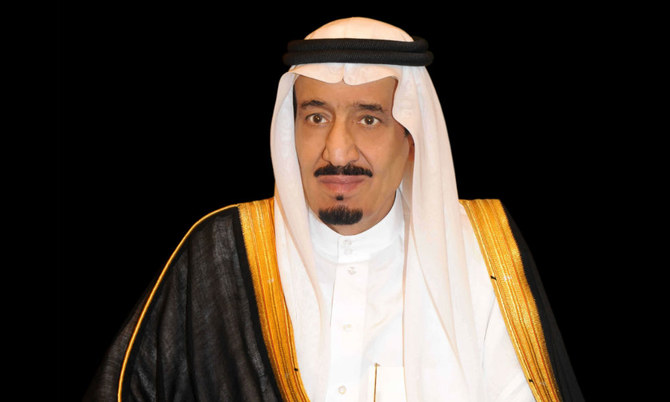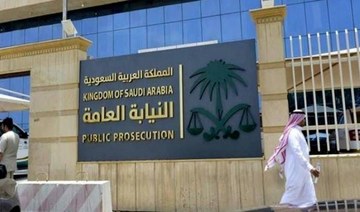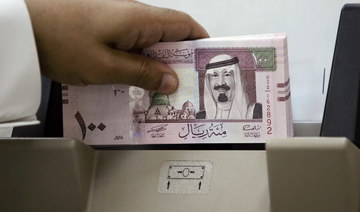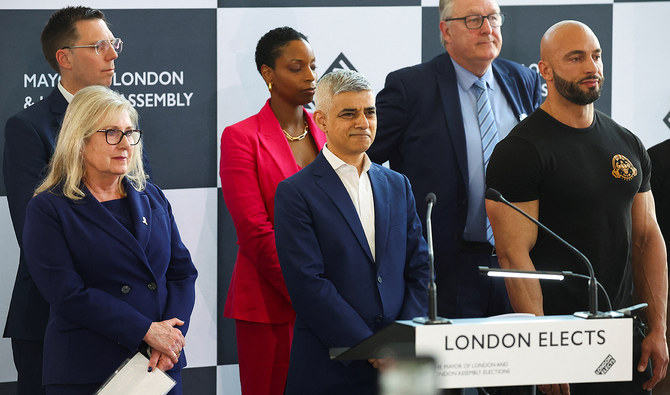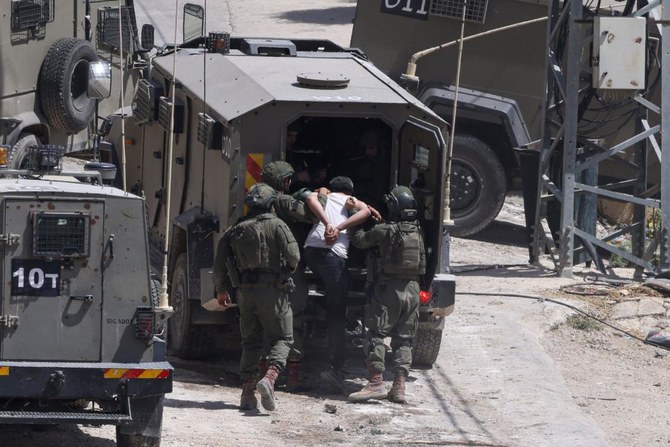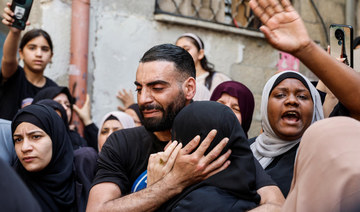TAIZ: Day after day Nabil Al-Hakimi, a humanitarian official in Taiz, one of Yemen’s largest cities, went to work feeling he had a “mountain” on his shoulders. Billions of dollars in food and other foreign aid was coming into his war-ravaged homeland, but millions of Yemenis were still living a step away from famine.
Reports of organizational disarray and out-and-out thievery streamed in to him this spring and summer from around Taiz — 5,000 sacks of rice doled out without record of where they’d gone . . . 705 food baskets looted from a welfare agency’s warehouses . . . 110 sacks of grain pillaged from trucks trying to make their way through the craggy northern highlands overlooking the city.
Food donations, it was clear, were being snatched from the starving.
Documents reviewed by The Associated Press and interviews with Al-Hakimi and other officials and aid workers show that thousands of families in Taiz are not getting international food aid intended for them — often because it has been seized by armed units loyal to the internationally recognized government.
“The army that should protect the aid is looting the aid,” Al-Hakimi told the AP.
Across Yemen, factions and militias on all sides of the conflict have blocked food aid from going to groups suspected of disloyalty, diverted it to front-line combat units or sold it for profit on the black market, according to public records and confidential documents obtained by the AP and interviews with more than 70 aid workers, government officials and average citizens from six different provinces.
The problem of lost and stolen aid is common in Taiz and other areas controlled by the government. It is even more widespread in territories controlled by the Houthi militias.
AP’s investigation found that large amounts of food are making into the country, but once there, the food often isn’t getting to people who need it most — raising questions about the ability of United Nations agencies and other big aid organizations to operate effectively in Yemen.
“This has nothing to do with nature. There is no drought here in Yemen. All of this is man-made. All of this has to do with poor political leadership which doesn’t put the people’s interest at the core of their actions” - Geert Cappelaere, Middle East director for UNICEF
The UN’s World Food Program has 5,000 distribution sites across the country targeting 10 million people a month with food baskets but says it can monitor just 20 percent of the deliveries.
This year the UN, the United States, Saudi Arabia and others have poured more than $4 billion in food, shelter, medical and other aid into Yemen. That figure has been growing and is expected to keep climbing in 2019.
Despite the surge in help, hunger — and, in some pockets of the country, famine-level starvation — have continued to grow.
An analysis this month by a coalition of global relief groups found that even with the food aid that is coming in, more than half of the population is not getting enough to eat — 15.9 million of Yemen’s 29 million people. They include 10.8 million who are in an “emergency” phase of food insecurity, roughly 5 million who are in a deeper “crisis” phase and 63,500 who are facing “catastrophe,” a synonym for famine.
Counting the number of people who have starved to death in Yemen is difficult, because of the challenges of getting into areas shaken by violence and because starving people often officially die from diseases that prey on their weakened conditions. The nonprofit group Save the Children estimates that 85,000 children under the age of 5 have died from starvation or disease since the start of the war.
“It’s a disgrace, criminal, it’s wrong, and it needs to end” - David Beasley, executive director of the UN’s food program
In some parts of the country, fighting, roadblocks and bureaucratic obstacles have reduced the amount of aid getting in. In other areas, aid gets in but still doesn’t get to the hungriest families.
In the northern province of Saada, a Houthi stronghold, international aid groups estimate that 445,000 people need food assistance. Some months the UN has sent enough food to feed twice that many people. Yet the latest figures from the UN and other relief organizations show that 65 percent of residents are facing severe food shortages, including at least 7,000 people who are in pockets of outright famine.
Three officials with the government told the AP that they would provide replies to questions about the theft of food aid, but then didn’t provide answers.
Officials at the agency that oversees aid work in Houthi territory — the National Authority for the Management and Coordination of Humanitarian Affairs — did not return repeated phone calls from the AP.
UN officials have generally been cautious in public statements about the Houthis, based in part on worries that the militia might respond by blocking UN agencies from access to starving people. But in interviews with the AP, two top UN relief officials used strong language in reference to both the Houthis and their battlefield adversaries.
“This has nothing to do with nature. There is no drought here in Yemen. All of this is man-made. All of this has to do with poor political leadership which doesn’t put the people’s interest at the core of their actions,” Geert Cappelaere, Middle East director for UNICEF, the UN’s emergency fund for children, said.
David Beasley, executive director of the UN’s food program, said “certain elements of the Houthis” are denying the agency access to some parts of Houthi territory — and appear to be diverting food aid.
“It’s a disgrace, criminal, it’s wrong, and it needs to end,” Beasley said in an interview Sunday with the AP. “Innocent people are suffering.”
The Houthis and the coalition forces have begun peace talks in recent weeks, a process that has led to a reduction in fighting and eased the challenges of getting food aid into and out of Hodeida, the port city that is a gateway to the Houthi-controlled north. But even if donors are able to get more food in, the problem of what happens to food aid once it makes landfall remains.



